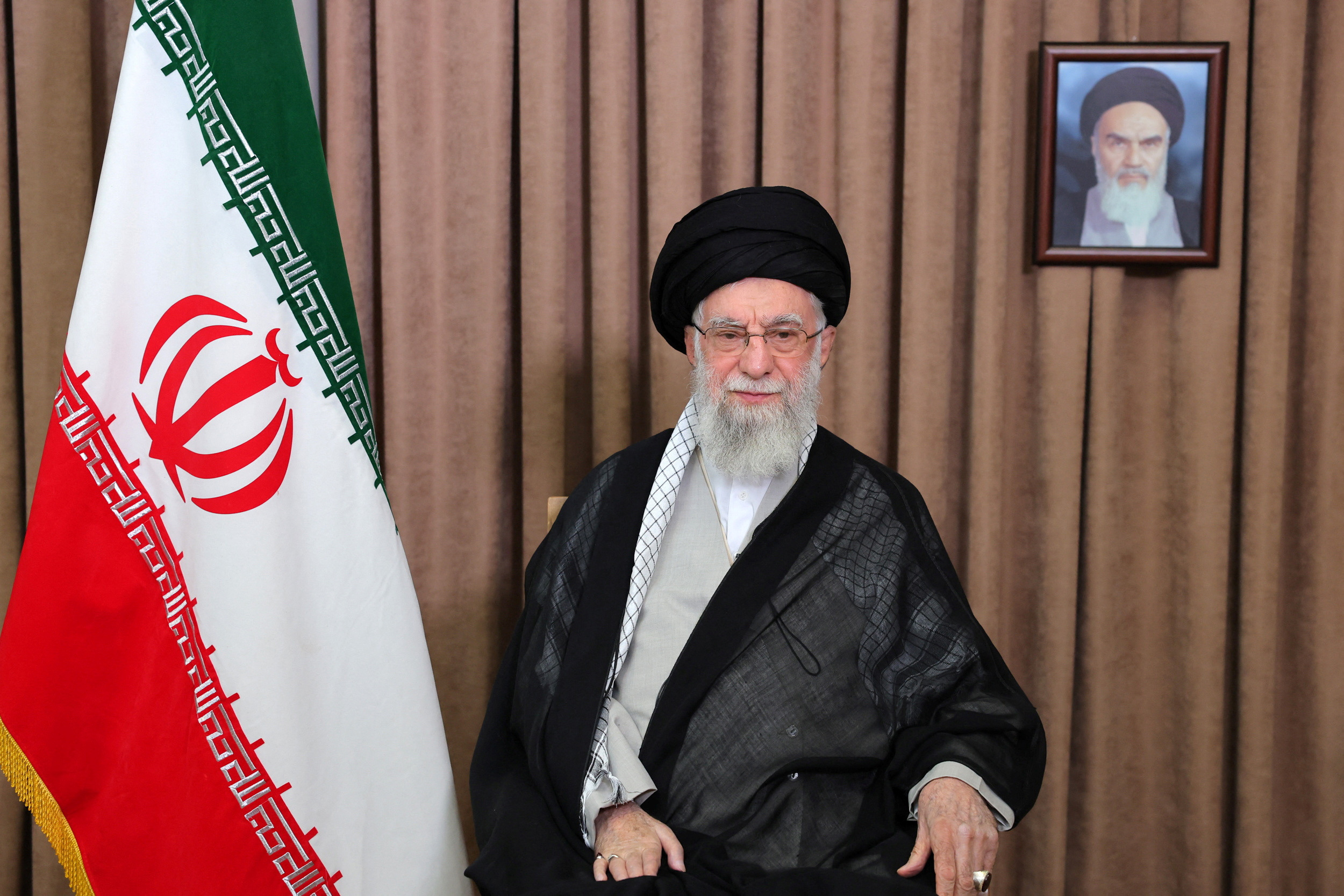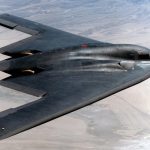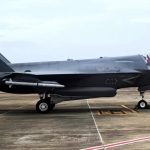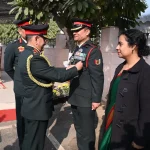As Israel’s airstrikes pound the Iranian capital in the most intense military assault since the 1980s Iran-Iraq war, Supreme Leader Ayatollah Ali Khamenei has taken the rare step of naming potential successors, while retreating to a secure underground bunker to direct wartime operations.
According to three Iranian officials familiar with the matter, Ayatollah Khamenei has suspended electronic communications to avoid detection and now interacts with military commanders through a single trusted aide. He has identified replacements for key military roles in case of further assassinations and named three senior clerics as possible successors should he himself be killed.
The move is seen as an unprecedented acknowledgment of the threat to Iran’s leadership and the dire circumstances of a conflict that has, in just one week, inflicted greater destruction on Tehran than eight years of bombardment by Saddam Hussein.
Ayatollah Khamenei, 86, has instructed the Assembly of Experts to appoint one of the three identified clerics immediately in the event of his death, bypassing the usual months-long deliberation process to ensure regime continuity. His son, Mojtaba Khamenei, long rumored as a potential successor, is reportedly not among the chosen names.
Israel’s strikes have destroyed military installations, nuclear sites, and energy infrastructure while killing top Iranian commanders and nuclear scientists, many in targeted attacks on civilian areas. In response, Iran has launched retaliatory missile and drone strikes, hitting Israeli facilities including a hospital and oil refinery in Haifa.
Iranian authorities now fear not only further Israeli bombardments but also internal sabotage. Officials have admitted to a “massive security and intelligence breach” and say covert Israeli operatives helped coordinate strikes from within Iran. As a result, top officials have been ordered underground, and all electronic communications among high-ranking personnel have been suspended.
In a video address this week, Khamenei vowed that “the people of Iran will stand against a forced war,” reaffirming his commitment to resist Israeli aggression.
Meanwhile, Iran is also bracing for potential U.S. involvement, as President Donald Trump weighs entering the conflict. American B-2 bombers reportedly carrying bunker-buster bombs have been deployed to Guam, potentially signaling readiness to strike Iran’s fortified nuclear site at Fordow.
To prevent further infiltration, Iran has enforced a communications blackout, blocked international calls, and issued a deadline for collaborators to surrender by Sunday or face execution. Security checkpoints have been established across Tehran, which now appears largely deserted following Israeli evacuation warnings.
Despite the destruction, a renewed sense of unity is emerging among Iranians. Videos and reports show citizens offering food, shelter, and emotional support to one another. “We are scared, but we are also giving each other solidarity,” said a businessman taking refuge near the Caspian Sea.
Nobel laureate and human rights activist Narges Mohammadi, who has long opposed the regime, warned against foreign military intervention. “Democracy cannot come through violence and war,” she told the BBC.
As Iran faces mounting casualties, devastated infrastructure, and uncertainty over its leadership, the war with Israel is reshaping the Islamic Republic’s internal dynamics, potentially setting the stage for a pivotal chapter in the nation’s history.













